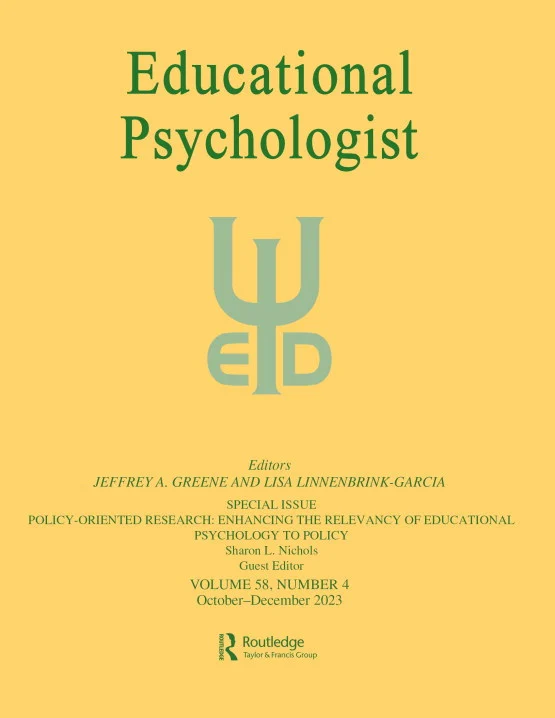Individual truth judgments or purposeful, collective sensemaking? Rethinking science education’s response to the post-truth era
IF 14.3
1区 心理学
Q1 EDUCATION & EDUCATIONAL RESEARCH
引用次数: 36
Abstract
Abstract Science education is likely to respond to the post-truth era by focusing on how science education can help individuals use scientists’ epistemological tools to tell what is true. This strategy, by itself, is inadequate for three reasons. First, science does not actually offer foundational truth, and incautious assertions about scientific truth can make the problems of the post-truth era worse. Second, scientific knowledge offers only part of the solution to personal and policy problems and must be reconstructed in context. Third, people think about and act on science in social context—both as members of their social and cultural groups and with other members of those groups. Taken together, these arguments suggest that we should be focusing on a different question: How can science education help people work together to make appropriate use of science in social context?个人真理判断还是有目的的集体意义建构?再思考科学教育对后真相时代的回应
科学教育可能会通过关注科学教育如何帮助个人使用科学家的认识论工具来判断什么是真实来回应后真理时代。这一策略本身是不够的,原因有三。首先,科学实际上并没有提供基本的真理,而对科学真理的轻率断言可能会使后真理时代的问题变得更糟。其次,科学知识只提供了解决个人和政策问题的部分方法,必须根据具体情况进行重建。第三,人们在社会背景下思考和行动科学——既作为社会和文化群体的成员,也与这些群体的其他成员一起。综上所述,这些论点表明我们应该关注一个不同的问题:科学教育如何帮助人们共同努力,在社会背景下适当地利用科学?
本文章由计算机程序翻译,如有差异,请以英文原文为准。
求助全文
约1分钟内获得全文
求助全文
来源期刊

Educational Psychologist
Multiple-
CiteScore
19.10
自引率
3.40%
发文量
16
期刊介绍:
The Educational Psychologist is a scholarly journal dedicated to exploring the psychology of learning and instruction. Articles in this journal encompass a diverse range of perspectives, from examining psychological mechanisms to exploring social and societal phenomena related to learning and instruction. The journal publishes theoretical and conceptual articles, as well as reviews and meta-analyses, that significantly contribute to theory or advance the methods used to explore educational psychology. Emphasizing innovation and advancing understanding, the journal does not publish articles solely reporting the methods and results of empirical studies; instead, all submissions, including reviews and meta-analyses, must offer clear implications for advancing theory. In addition to regular articles, the journal features special issues that delve into important themes in educational psychology, along with focal articles accompanied by peer commentary.
 求助内容:
求助内容: 应助结果提醒方式:
应助结果提醒方式:


